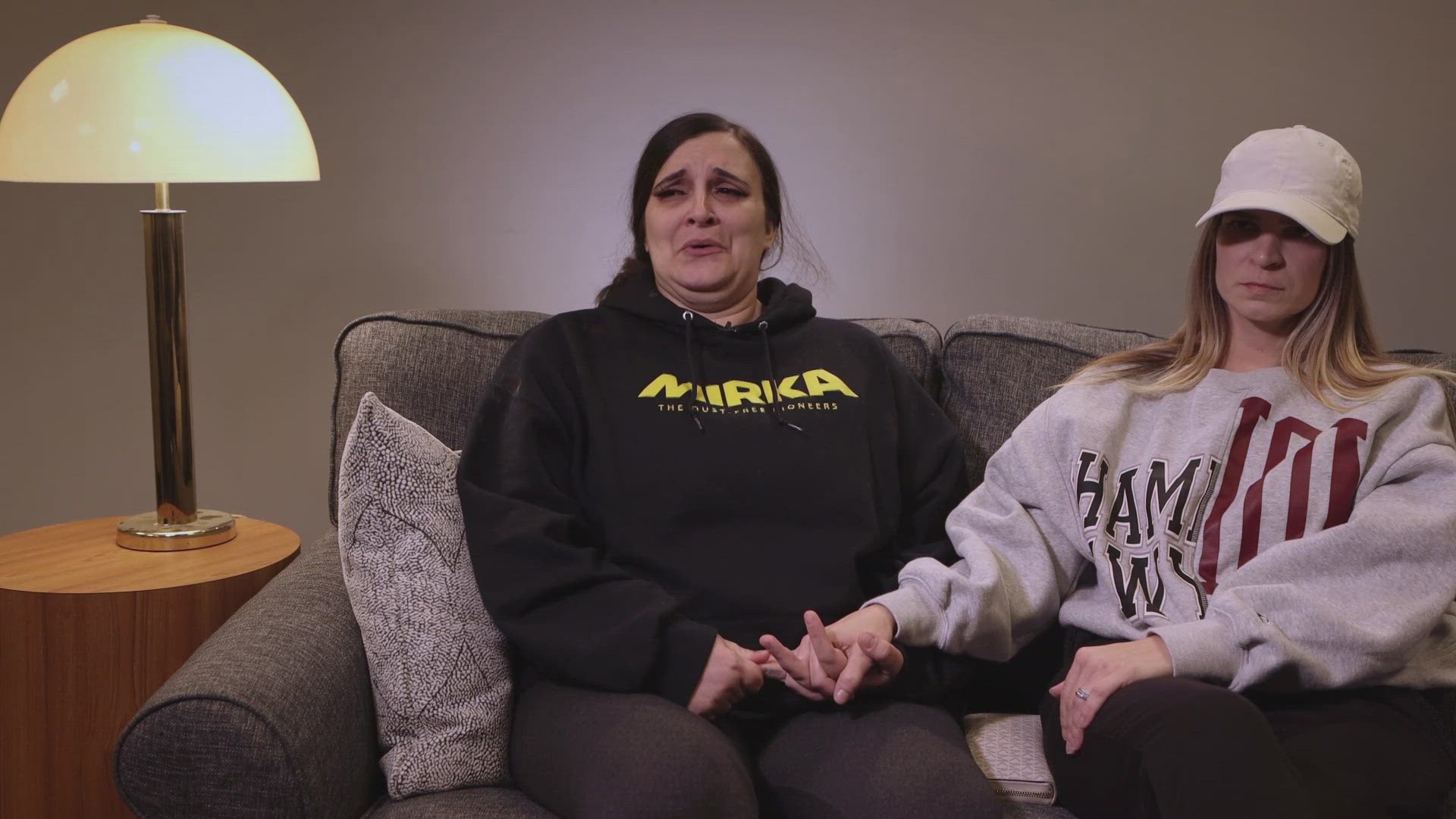BONNE TERRE, Mo. — The Missouri Supreme Court on Tuesday refused to halt the October execution of a man convicted of a triple killing who claimed his intellectual disability made him ineligible for the death penalty.
Ernest Lee Johnson, 61, is scheduled to die by injection Oct. 5 at the state prison in Bonne Terre. It would be the first execution in Missouri since convicted killer Walter Barton was put to death in May 2020.
Johnson's attorney, Kansas City public defender Jeremy Weis, said he is still weighing options about what to do next. Weis said Johnson "meets all statutory and clinical definitions" of intellectual disability and has an IQ that in various tests has ranged from 67 to 77. The Eighth Amendment of the U.S. Constitution prohibits executing intellectually disabled people.
Johnson was convicted of killing 46-year-old Mary Bratcher, 57-year-old Mable Scruggs and 58-year-old Fred Jones during a closing-time robbery of a Casey's General Store in Columbia in February 1994. Johnson wanted money to buy drugs, authorities said.
All three workers were beaten to death with a claw hammer. Bratcher also was stabbed at least 10 times with a screwdriver and Jones was shot in the face. The bodies were hidden in a cooler.
Johnson was arrested after police found a bank bag, stolen money and store receipts at his home.
Johnson had previously asked that his execution be carried out by firing squad. His lawyers argued that Missouri's lethal injection drug, pentobarbital, could trigger seizures. In 2008 Johnson had most, but not all, of a benign brain tumor removed, and a later MRI revealed that up to 20% of his brain tissue was also removed.
But Missouri law does not authorize execution by firing squad and the U.S. Supreme Court in May refused to consider Johnson's appeal. The Missouri Supreme Court, in its decision on Tuesday, also declined to halt the execution based on concerns about the drug.
Johnson has been sentenced to death three times.
He was already on death row in 2001 when the U.S. Supreme Court ruled that executing the mentally ill was unconstitutionally cruel and a new sentencing hearing was ordered. Johnson was again sentenced to death in 2003. The Missouri Supreme Court tossed that sentence, too. In 2006, Johnson was sentenced to death again.



